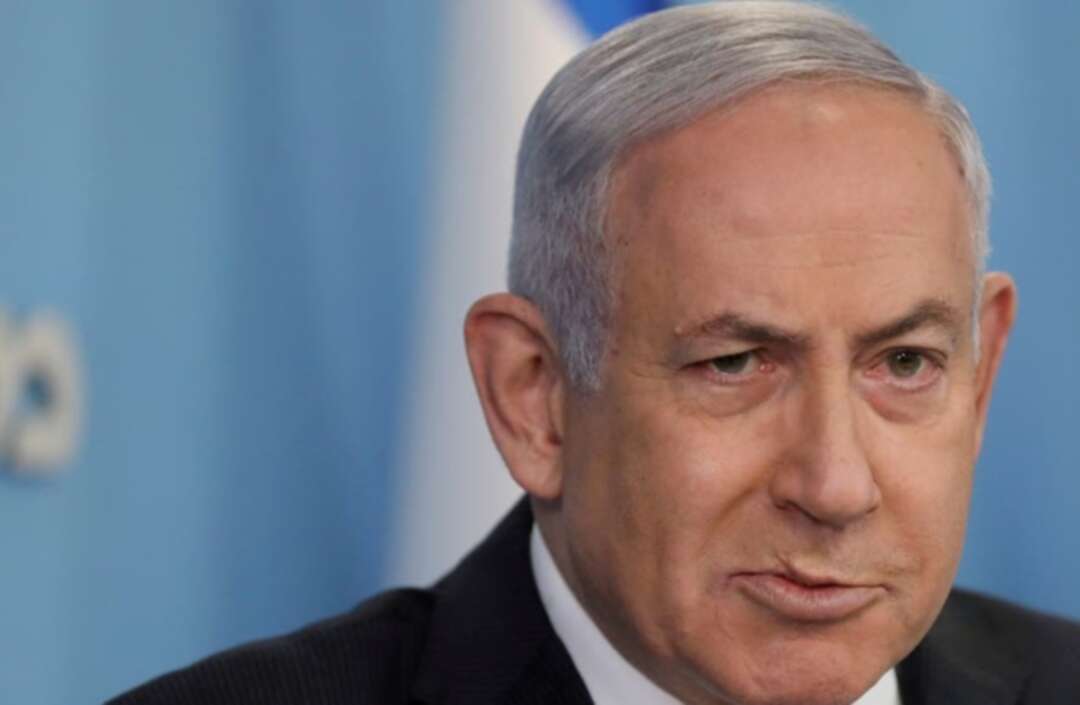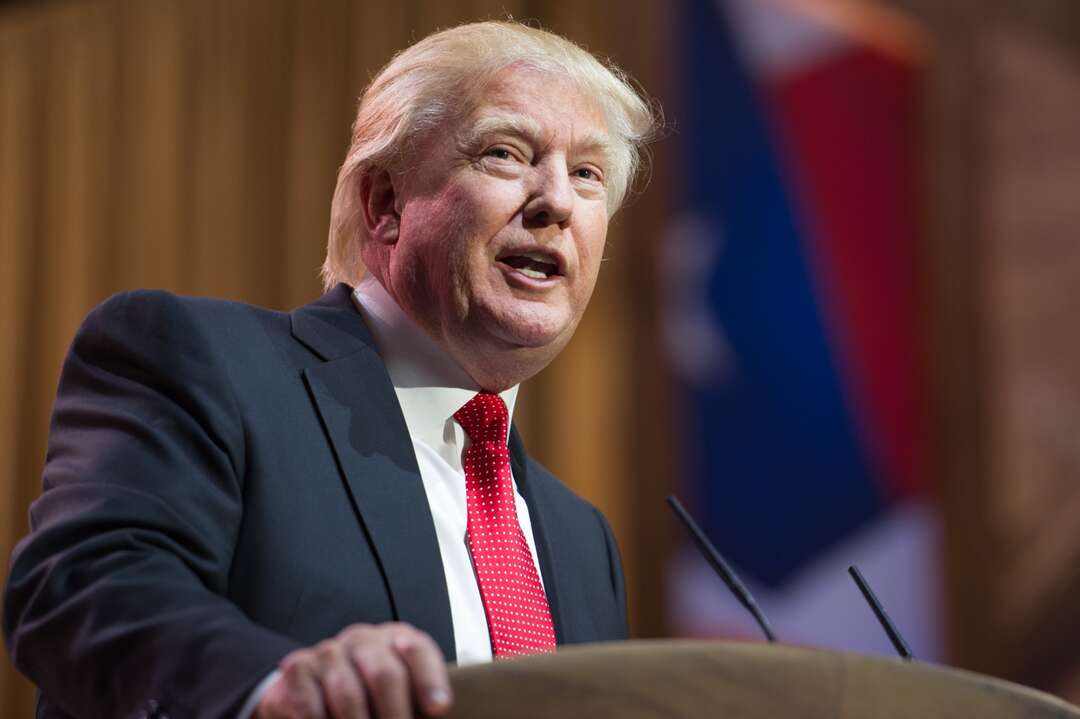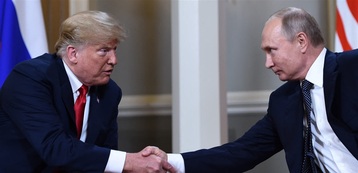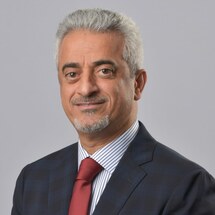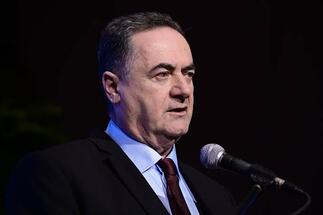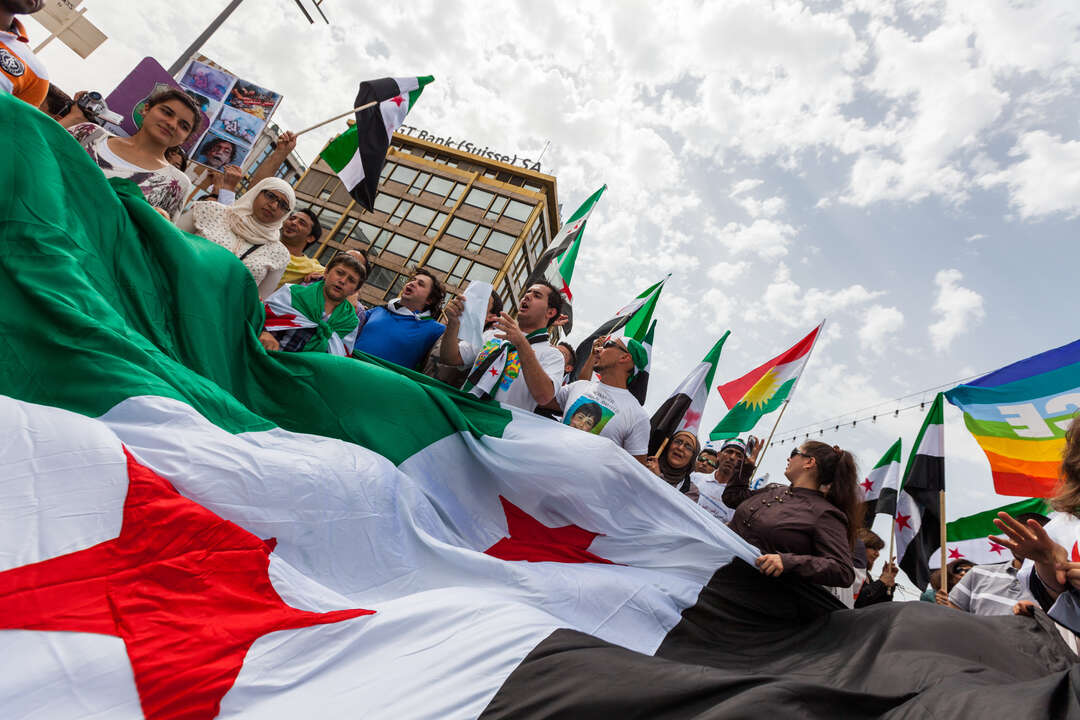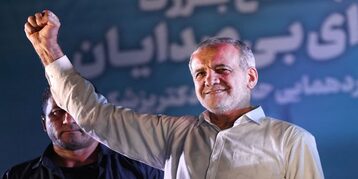-
Iran puts second military satellite, Noor 2, into orbit
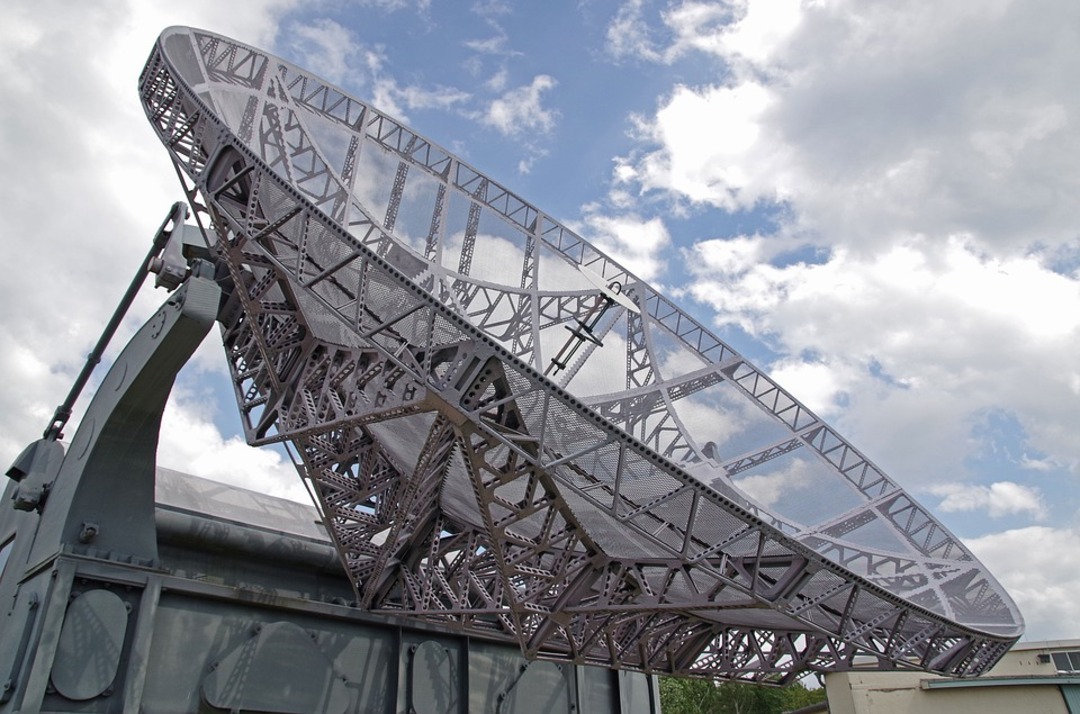
The Star reported, citing Reuters, the semi-official Iranian news agency Tasnim said on Tuesday that Islamic Revolutionary Guard Corps (IRGC) has successfully put a second military satellite, the Noor 2, into orbit.
The announcement came as talks held in Vienna to revive an agreement restraining Iran's nuclear program have reached a critical stage.
Noor 2 is orbiting at an altitude of 500 kilometres (311 miles). The first military satellite, launched by the Islamic Republic in April 2020, placed the Noor, or "light" in Persian, at an orbit of 425km (265 miles) above the earth’s surface.
Putting a second satellite in space would be a major advance for Iran’s military, raising concerns about the country's nuclear and missile programs.
The U.S. military says the same long-range ballistic technology used to put satellites into orbit could also allow Tehran to launch longer-range weapons, possibly including nuclear warheads.
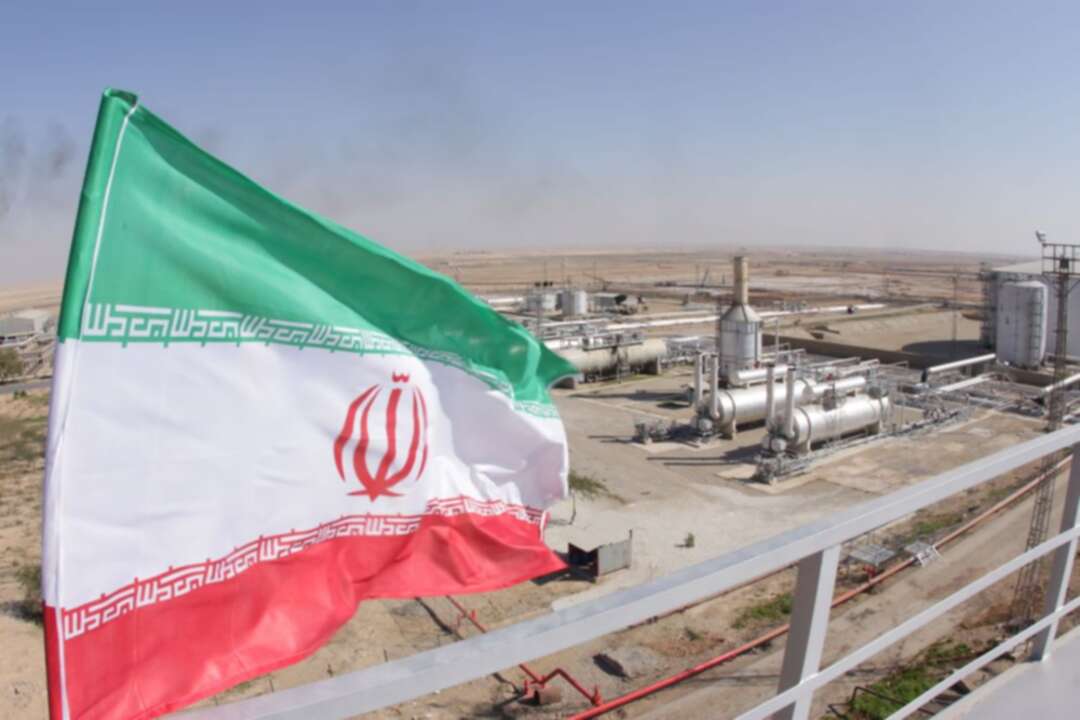
Tehran denies U.S. assertions that such activity is a cover for ballistic missile development and says it has never pursued the development of nuclear weapons.
Tasnim said: "The IRGC successfully placed Iran's second military satellite, Noor 2, into orbit 500 kilometres from earth."
Russia-Ukraine war: The unique opportunity for Iran
The three-stage Qased, or "Messenger", carrier launched the Noor 2, from the Shahroud space port, it added. The same type of rockets, which use a combination of liquid and solid fuels, carried the first military satellite.
Source: thestar
You May Also Like
Popular Posts
Caricature
BENEFIT Sponsors BuildHer...
- April 23, 2025
BENEFIT, the Kingdom’s innovator and leading company in Fintech and electronic financial transactions service, has sponsored the BuildHer CityHack 2025 Hackathon, a two-day event spearheaded by the College of Engineering and Technology at the Royal University for Women (RUW).
Aimed at secondary school students, the event brought together a distinguished group of academic professionals and technology experts to mentor and inspire young participants.
More than 100 high school students from across the Kingdom of Bahrain took part in the hackathon, which featured an intensive programme of training workshops and hands-on sessions. These activities were tailored to enhance participants’ critical thinking, collaborative problem-solving, and team-building capabilities, while also encouraging the development of practical and sustainable solutions to contemporary challenges using modern technological tools.
BENEFIT’s Chief Executive Mr. Abdulwahed AlJanahi, commented: “Our support for this educational hackathon reflects our long-term strategic vision to nurture the talents of emerging national youth and empower the next generation of accomplished female leaders in technology. By fostering creativity and innovation, we aim to contribute meaningfully to Bahrain’s comprehensive development goals and align with the aspirations outlined in the Kingdom’s Vision 2030—an ambition in which BENEFIT plays a central role.”
Professor Riyadh Yousif Hamzah, President of the Royal University for Women, commented: “This initiative reflects our commitment to advancing women in STEM fields. We're cultivating a generation of creative, solution-driven female leaders who will drive national development. Our partnership with BENEFIT exemplifies the powerful synergy between academia and private sector in supporting educational innovation.”
Hanan Abdulla Hasan, Senior Manager, PR & Communication at BENEFIT, said: “We are honoured to collaborate with RUW in supporting this remarkable technology-focused event. It highlights our commitment to social responsibility, and our ongoing efforts to enhance the digital and innovation capabilities of young Bahraini women and foster their ability to harness technological tools in the service of a smarter, more sustainable future.”
For his part, Dr. Humam ElAgha, Acting Dean of the College of Engineering and Technology at the University, said: “BuildHer CityHack 2025 embodies our hands-on approach to education. By tackling real-world problems through creative thinking and sustainable solutions, we're preparing women to thrive in the knowledge economy – a cornerstone of the University's vision.”
opinion
Report
ads
Newsletter
Subscribe to our mailing list to get the new updates!

